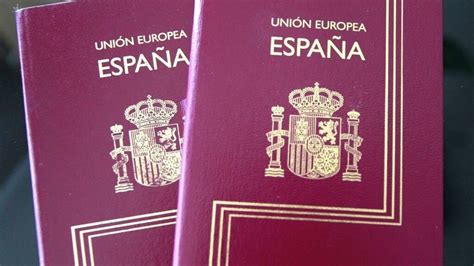
Spain’s Golden Visa Poised for Revival Amid Political Shift
The discontinuation of Spain’s Golden Visa program on April 3, 2025, marked a significant shift in the country’s approach to foreign investment and residency. However, recent political developments suggest that the program may be reinstated under a new government, rekindling interest among international investors and immigration professionals.
The Rise and Fall of Spain’s Golden Visa
Introduced in 2013 by the conservative Popular Party, Spain’s Golden Visa program aimed to attract foreign investment during a period of economic recovery. The scheme allowed non-EU nationals to obtain residency by investing €500,000 in real estate, €1 million in Spanish company shares, €2 million in government bonds, or depositing €1 million in a Spanish bank account.
Over the years, the program attracted significant interest, particularly from investors seeking access to the European Union’s benefits. However, concerns about its impact on the housing market and broader economic implications led to its termination by the current government in April 2025.
A Catalyst for Change
The decision to abolish the Golden Visa program was met with criticism from various stakeholders, including opposition parties and legal experts. The Popular Party’s leader, Alberto Núñez Feijóo, labeled the move a “smokescreen” to divert attention from the government’s housing policy shortcomings.
As Spain approaches its next general election, political analysts anticipate a shift in power that could lead to the reinstatement of the Golden Visa program. The Popular Party has expressed intentions to revive the scheme, emphasizing its potential to stimulate economic growth and attract foreign capital.
Expert Insights: Industry Perspectives on the Program’s Future
The discussion around Spain’s Golden Visa continues to attract significant attention from global investors and legal professionals alike. Following the abrupt termination of the program in April 2025, many prospective applicants — particularly those already engaged in property transactions — found themselves caught in uncertainty.
Industry experts note that demand for the program’s return remains robust. Many investors had counted on the program’s flexibility, which allowed residency without the burden of becoming a tax resident — a key advantage over other visa routes currently available in Spain.
Commenting on this, investment migration expert Yusuf Boz emphasized the importance of maintaining programs that offer strategic benefits to foreign investors without undermining domestic market stability:
“The absence of Spain’s Golden Visa has left a considerable gap in the investment migration market. For many global investors, flexibility and access to Europe remain paramount. A well-regulated and balanced Golden Visa program would not only contribute positively to Spain’s economy but also offer a secure and attractive pathway for qualified investors,” Boz said.
As calls for the program’s return grow louder, many believe that Spain’s next government may view reinstating the Golden Visa as a strategic move to boost international investment while also maintaining regulatory safeguards.
Alternative Residency Options: A Less Attractive Landscape
In the absence of the Golden Visa, foreign investors have turned to other residency pathways, such as the Non-Lucrative Visa (NLV) and the Digital Nomad Visa (DNV). However, these alternatives come with limitations.
The NLV requires applicants to demonstrate sufficient financial means without engaging in professional activities in Spain, while the DNV targets remote workers employed by non-Spanish companies. Both visas necessitate tax residency, diminishing the appeal for investors seeking flexibility.
The Broader Impact of the Program’s Absence
The cessation of the Golden Visa program has raised concerns about its impact on Spain’s real estate market and broader economy. While some argue that the program contributed to rising property prices, others contend that its removal has not addressed housing affordability issues.
Legal experts like de Castro assert that the Golden Visa was not the primary driver of housing market challenges and that its elimination has done little to alleviate the situation. The potential reinstatement of the program is viewed by some as a means to attract foreign investment without exacerbating housing concerns.
The potential revival of Spain’s Golden Visa program hinges on the outcome of the forthcoming general election. A change in government could pave the way for the program’s return, offering renewed opportunities for foreign investors seeking residency through financial contributions.
As the political landscape evolves, stakeholders in the investment migration sector will closely monitor developments, anticipating the reinstatement of a program that once played a pivotal role in Spain’s economic strategy.





